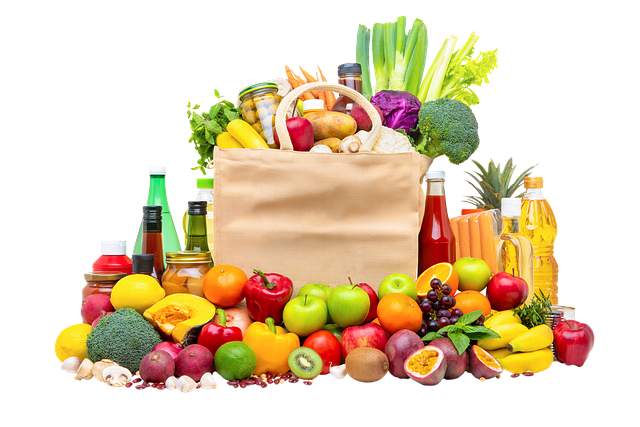Essential vitamins found in varieties of fruits and vegetables
the natural way to maintain good health with these essential vitamins
5/25/2024

Maintaining good health requires a balanced intake of essential vitamins, each playing a crucial role in various bodily functions. All of these essential vitamins can be acquired in maintaining a healthy body by selecting the proper foods to ingest when planning the menu. Here are some key vitamins and the foods that provide significant amounts of them:
Vitamin A: Essential for vision, immune function, and skin health.
- Foods: Carrots, sweet potatoes, spinach, kale, eggs, liver, dairy products.
Vitamin C: Important for immune function, collagen synthesis, and antioxidant activity.
- Foods: Citrus fruits (oranges, lemons), strawberries, bell peppers, broccoli, kiwi, tomatoes.
Vitamin D: Crucial for bone health, immune function, and mood regulation.
- Foods: Fatty fish (salmon, mackerel, tuna), fortified foods (milk, orange juice, cereal), egg yolks.
Vitamin E: Acts as an antioxidant, protecting cells from damage.
- Foods: Nuts (almonds, sunflower seeds), seeds (sunflower, pumpkin), vegetable oils (sunflower, safflower), spinach, avocado.
Vitamin K: Essential for blood clotting and bone metabolism.
- Foods: Leafy greens (spinach, kale, collard greens), broccoli, Brussels sprouts, cabbage, fermented foods (natto, sauerkraut).
Vitamin B complex (including B1, B2, B3, B5, B6, B7, B9, B12): Important for energy metabolism, nerve function, and red blood cell formation.
- Foods: Whole grains (brown rice, oats), meat (beef, chicken, pork), fish, eggs, dairy products, legumes, leafy greens, nuts, seeds.
Vitamin Folic Acid (B9): Crucial for DNA synthesis and cell division, especially important during pregnancy.
- Foods: Leafy greens, legumes (beans, lentils), asparagus, avocado, broccoli, fortified grains and cereals.
Vitamin B12: Vital for nerve function, DNA synthesis, and red blood cell formation.
- Foods: Meat (beef, pork, lamb), fish (salmon, tuna, trout), dairy products, eggs, fortified foods (nutritional yeast, plant-based milk).
Vitamin Biotin (B7): Important for metabolism, skin health, and nerve function.
- Foods: Egg yolks, liver, nuts (almonds, peanuts), seeds (sunflower, chia), sweet potatoes, spinach, broccoli.
Vitamin Riboflavin (B2): Essential for energy production and antioxidant activity.
- Foods: Dairy products (milk, yogurt, cheese), meat, eggs, green leafy vegetables, almonds, mushrooms.
Including a variety of these nutrient-rich foods in your diet can help ensure you're getting an adequate intake of essential vitamins to maintain good health. However, if you have specific health concerns or dietary restrictions, consulting with a healthcare professional or registered dietitian is recommended.






